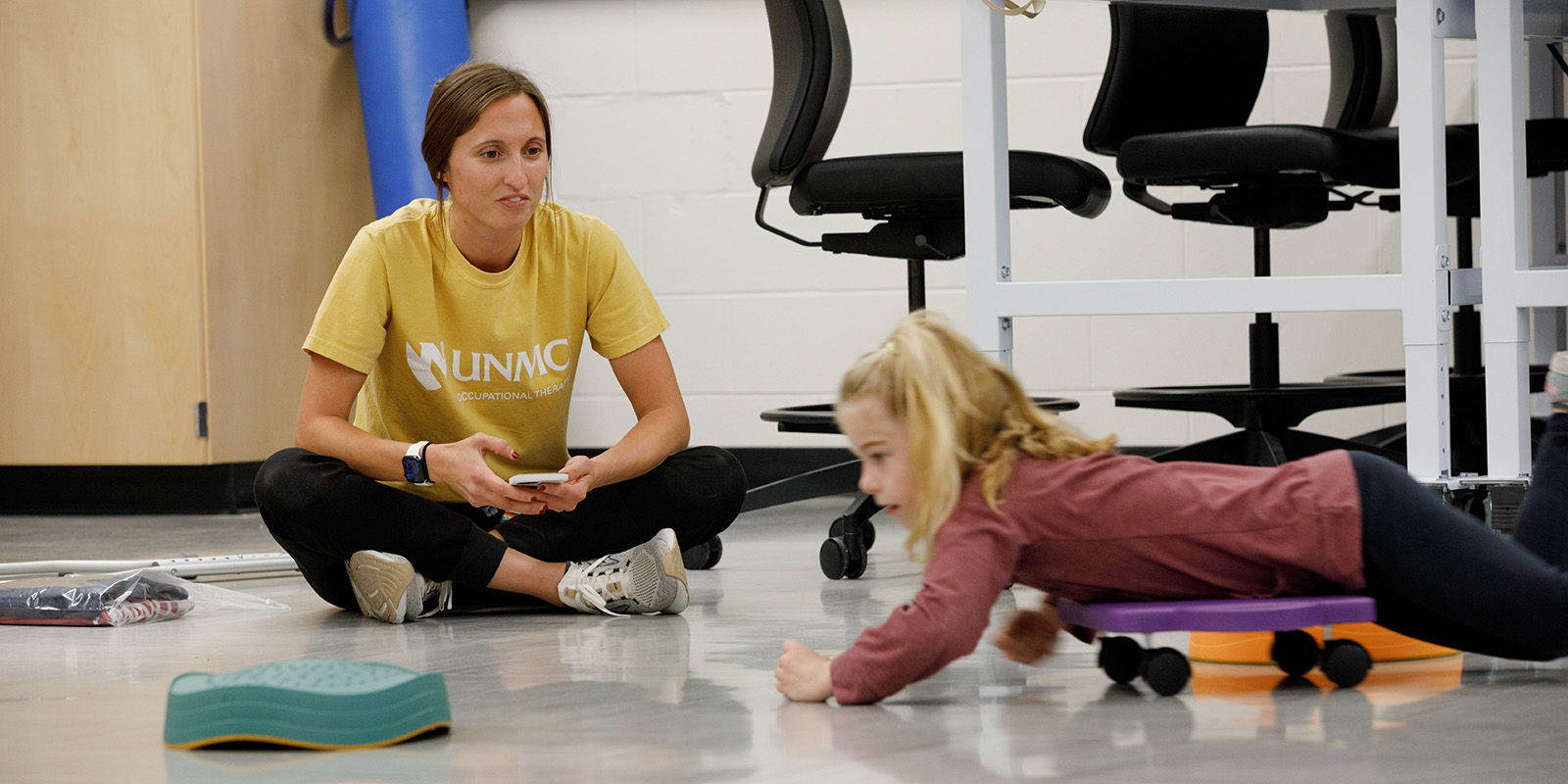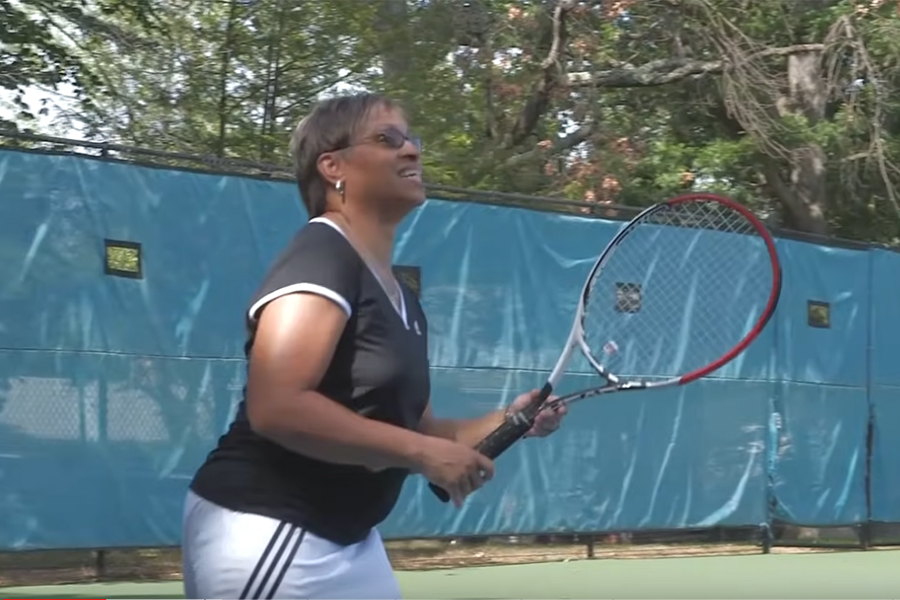Occupational Therapy
An occupational therapy doctoral degree prepares you for a meaningful career that combines science with compassion.

Why Study Occupational Therapy?
Occupational therapists help patients develop, regain and improve the skills they need to take part in daily activities and function more effectively in home, work and social activities. They work with individuals, small groups and large organizations in schools, businesses, hospitals and a variety of social and behavioral health settings. Occupational therapists enable people of all ages to live life to its fullest by helping them promote health, and prevent—or live better with—injury, illness, or disability.
Occupational therapy is a rewarding career with strong demand and high salaries. Seeing your patients make progress and celebrate their victories is extremely gratifying. Occupational therapists enjoy employment security, fulfillment, plenty of employment opportunities and flexibility.
According to U.S. News and World Report 2024 Rankings, Occupational Therapist is #4 in Best Health Care Jobs and #19 in 100 Best Jobs.
What is an Occupational Therapist?
New Financial Support
Beginning Fall 2024, all non-resident students will be provided with remissions, ensuring that non-residents pay the equivalent of the resident tuition rate for the duration of the Occupational Therapy Program.
Why Study Occupational Therapy at UNMC?
One Program - Two Campuses
The UNMC OTD program offers one program to one cohort across two campuses via distance technology. Students choose a campus for the duration of their education based on personal preference for their on-campus lab and community experiences. A typical week in our hybrid program includes active learning onsite, active learning anywhere, and self-directed learning.
Integrated Approach
UNMC offers an integrated educational program, a blend of in-person, hands-on active learning, experiential community-based experiences, lab competencies, and distance components. The doctoral capstone offers in-depth focused learning opportunities to make a difference in your community and acquire expertise to grow as a professional.
Unique Environment
Students thrive working with faculty on both campuses in our unique environment of innovation, teamwork, excellence, accountability, courage, and healing. These are our UNMC values, enabling you to grow and flourish as a student and future colleague. Come explore with us. We look forward to hearing from you.
OT FacultyAccreditation
The entry-level occupational therapy doctoral degree program is accredited by the Accreditation Council for Occupational Therapy Education (ACOTE) of the American Occupational Therapy Association (AOTA), located at 7501 Wisconsin Ave, Suite 510E, Bethesda, MD 20814. Contact information: telephone (301) 652-6611, email: accred@aota.org, or www.acoteonline.org.
ACOTE WebsiteProgram Snapshot
Program Highlights
Community Experience
Community experiences begin in the second semester of the program. Fieldwork and capstone components of the curriculum provide students with opportunities to apply occupational therapy theories and techniques acquired during classroom instruction.
Overview & Degree RequirementsMission & Goals
The mission of the Occupational Therapy Education Division is to advance health through meaningful participation in everyday living for all people and communities.
Outcomes - NBCOT dataCareers
Occupational therapy is a fast-growing profession. Emerging niches and non-traditional practice mean new and exciting opportunities for occupational therapy practitioners. The Bureau of Labor Statistics projects the job outlook for occupational therapists will grow 16 percent from 2019 to 2029. Nebraska's aging population and increased prevalence of chronic conditions are expected to continue to drive workforce demand.
Job Titles:
- Occupational Therapist
- Manager
- Entrepreneur
- Educator
- Researcher
- Advocate
- Consultant
What Can Occupational Therapy Do For You?
What is occupational therapy and what can it do for you?
